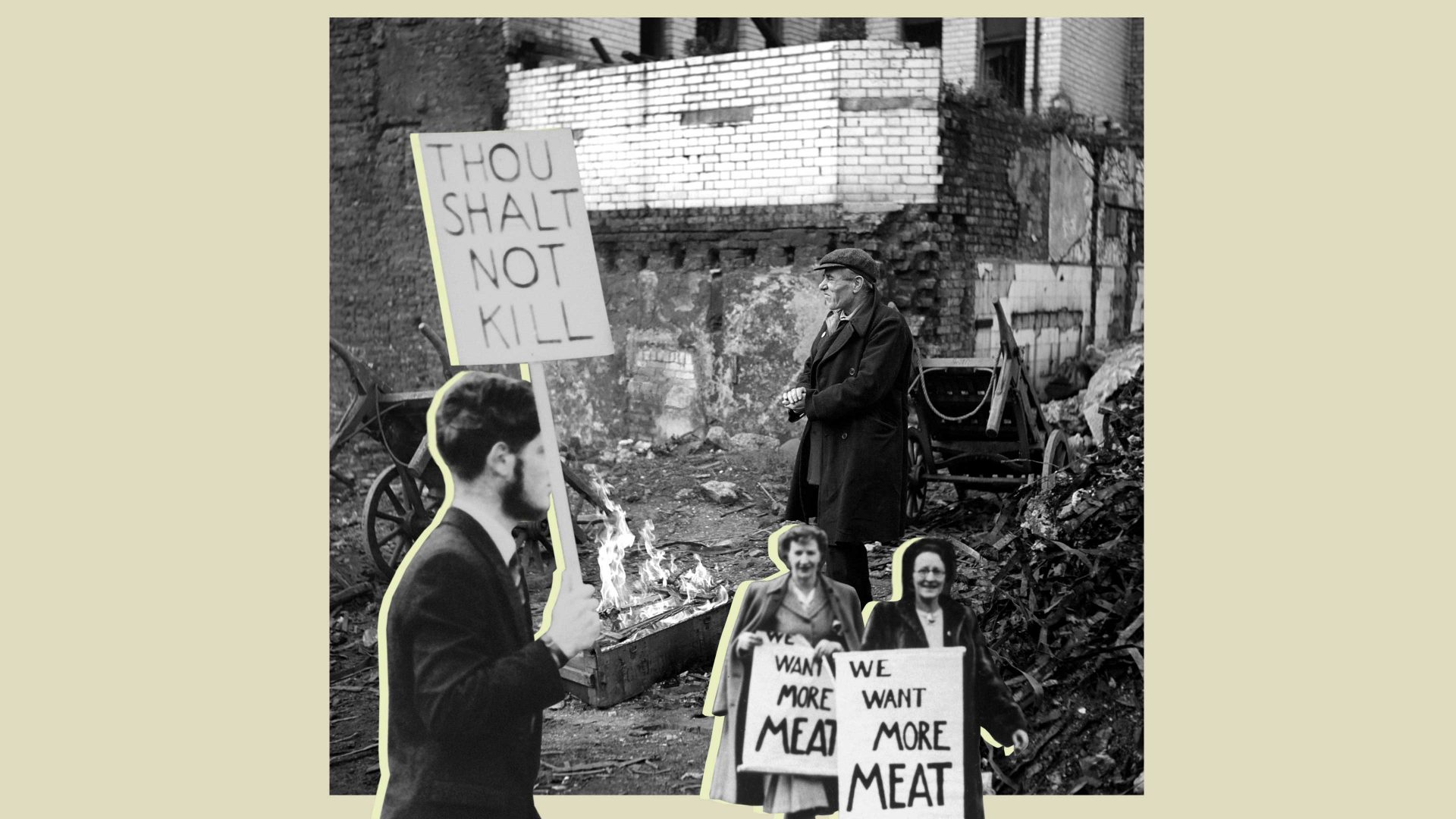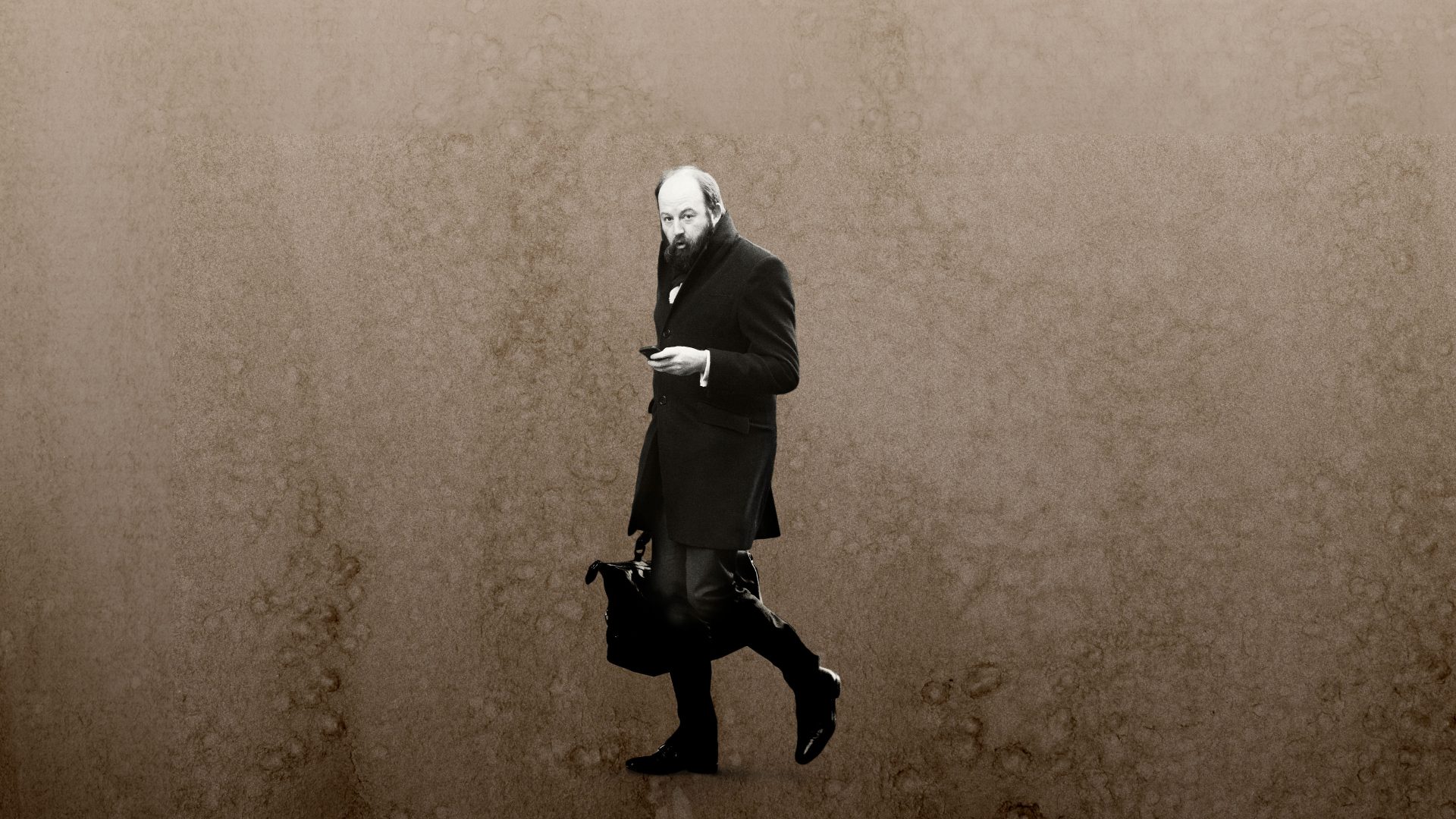Brexit has dragged the UK back by 70 years or so. We find ourselves once again having to fight the battles that shaped our destiny after the end of empire. The former US secretary of state Dean Acheson said in 1962, “Britain has lost an empire but has yet to find a role.” But that role was found, and it worked.
The UK became a useful partner to the USA, an important part of Nato and, eventually, and most importantly, an influential leader within the EU. Here was recognition that while the Commonwealth is a nice talking shop, it is not a serious international organisation with heft and influence – even the Commonwealth Games is homeless. The UK’s future was European. It still is European.
All of the above took decades to come to terms with. From the first talks about a prospective Common Market in Messina in 1955, which the UK snubbed and ridiculed, to the setting up of Efta as a failed attempt to compete with what would become the EU, to the increasingly desperate attempts to join the Common Market once its success became self-evident.
We suffered through nearly 20 years of angst and debate while it became increasingly obvious that the UK had missed the bus and had no choice but to beg to be allowed to get on board. In the end that involved abandoning our new friends in Efta and the Commonwealth, and our claims to world-power status. But it was the only thing to do.
There was a slow process, but the decline of British industrial power and the surging success of the continent once the Common Market started to increase competition and reduce barriers was very quickly impossible to ignore. The benefits of membership were almost immediate. Forget the miracle of Thatcherism, the single market was a huge boost for the UK as it began to catch up after 30 years of relative decline.
And then we threw it all away in one last spasm of nostalgia and stupidity. The small band of ultras who dreamt of a return to empire, who think we still are a superpower and who have no understanding of the meaning of the word sovereignty have dragged us back to the 1950s.
As my late mother once said, “Anyone stupid enough to think they want to go back to the 50s did not live through the 50s”. This was a dark, dirty, run-down Britain, still scarred by bomb damage. We had capital punishment, corporal punishment, national service and, in the early part of the decade, rationing. Bigotry, classism and racism were rife, and so were the pretensions of grandeur that stifled any real appreciation of Britain’s rightful place in the world.
The 1950s had, however, one redeeming feature: the country did finally decide that its future was with Europe. It took another lost decade and a half to get into the Common Market, but the consensus was, by the end of the decade, that we had no choice but to realise our real status in the world and join the booming economic club on our very borders. Now all that is gone and needs to be re-fought and re-won.
Unfortunately, where the postwar years were resplendently gifted with political giants – Attlee, Churchill, Bevan, Bevin, Macmillan, Heath, Healey, Wilson and a dozen others – we now have political minnows in charge. Politics has been shorn to a worrying extent of the serious people with real experience, those of real intellect and those with a driving desire to do what is best for the country.
The UK now has MPs who boast that Brexit will be good for the UK’s orchards as we can stop importing orange juice and get back to homegrown apple juice, who think that if there is a shortage of imported vegetables we should all eat more turnips, who think that trading with New Zealand is more worthwhile. The mainstream media, which 50 years ago urged the UK to join the rest of the continent and secure our prosperity, is now owned and run by self-aggrandising tycoons who only care about how much power they have over our government.
Yet it is from here that the UK has to start the fight back. The only solution is not to return to the 1950s, but to win again the battles that were fought and won in the 1950s. To do this there is some ammunition to hand, just as there was then.
As the relative economic decline of the UK becomes clearer and clearer, the public will demand an explanation. Why are the French wealthier than us? Why are the poorest 20% of the British population poorer than the poorest Poles? Why do we have to queue at the borders for ages every time we leave or return to the UK? Where has our trade with Europe gone? Why does America think we are less important? Why is the NHS on its knees yet again if we have all that extra money to spend on it?
And just as happened in the 50s with the baby boomers, a new young generation is coming to the fore – one that is well-educated and well-informed and sees nothing it likes about the state of the UK’s government. These are not small-minded, insular, climate change-denying Little Englanders. They can see what they have lost; unlike the boomers, they do not see a future of full employment, higher wages, more disposable income, a housing ladder they can climb, final salary pensions and a welfare state the envy of the world.
Because all of that has gone, too. The 50s were grim, but they built the foundations for the 60s and beyond. Housebuilding on a huge scale, better access to free higher education, a new health service, full employment, foreign holidays and much more.
The road back to common sense and a common market with the EU will be a long and hard one. But the tide is turning against the Brexiteers and their media friends.
The economic damage is too large, the pettiness too blatant, the prospects for the young so much worse, the economy in permanent doldrums, the tax burden rising for no apparent result, the lies ever more pathetic.
If the country is to have a future again, if the young are to stay and prosper rather than becoming the 21st century’s £10 Poms, then those who are trying to drag us back to the past will just have to be defeated again.
Then we will be back to the future we promised the young – freedom to live and work and love anywhere in Europe, better growth, better prospects, a better life, and most of all, a better country.




